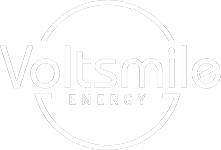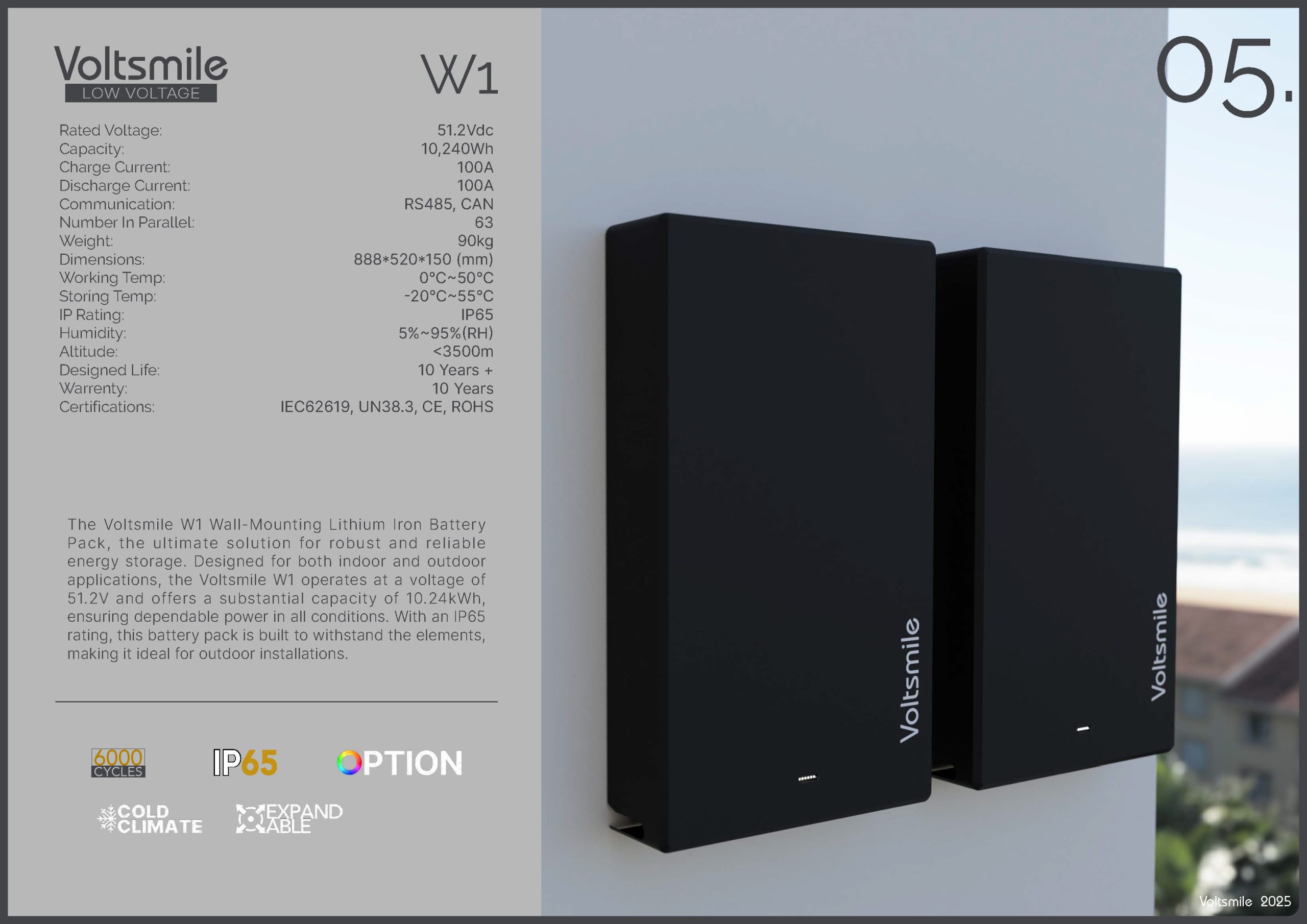Confronto tra batterie domestiche agli ioni di litio e al piombo: Qual è la scelta giusta per voi?
As the demand for sistemi di accumulo domestico di energia continues to rise, choosing the right battery technology is a critical decision for homeowners. At Voltsmile, we understand that selecting the best battery for your needs can be overwhelming. In this article, we’ll compare two of the most popular options—lithium-ion and lead-acid batteries—to help you make an informed choice for your home energy storage system.
1. Overview of Lithium-Ion and Lead-Acid Batteries
- Lithium-Ion Batteries: Known for their high energy density, long lifespan, and lightweight design, lithium-ion batteries are the preferred choice for modern home energy storage systems.
- Lead-Acid Batteries: A traditional and cost-effective option, lead-acid batteries have been used for decades in various applications, including off-grid energy systems.
2. Key Comparison Factors
To determine which battery type is best suited for your needs, let’s examine the key factors:
Energy Density and Efficiency
- Lithium-Ion: Offers higher energy density, meaning it can store more energy in a smaller, lighter package. It also has a higher round-trip efficiency (90-95%), ensuring minimal energy loss during charging and discharging.
- Lead-Acid: Lower energy density requires more physical space and weight for the same energy capacity. Its efficiency is lower (70-85%), resulting in more energy loss.
Lifespan and Cycle Life
- Lithium-Ion: Typically lasts 10-15 years with a cycle life of 5,000-7,000 cycles, making it a long-term investment.
- Lead-Acid: Shorter lifespan of 3-5 years with a cycle life of 500-1,000 cycles, requiring more frequent replacements.
Cost
- Lithium-Ion: Higher upfront cost but lower lifetime cost due to longer lifespan and higher efficiency.
- Lead-Acid: Lower initial cost but higher lifetime expenses due to shorter lifespan and maintenance requirements.
Maintenance
- Lithium-Ion: Virtually maintenance-free, with no need for regular checks or water top-ups.
- Lead-Acid: Requires periodic maintenance, including water level checks and terminal cleaning.
Impatto ambientale
- Lithium-Ion: More environmentally friendly due to longer lifespan and recyclability.
- Lead-Acid: Contains toxic materials like lead and sulfuric acid, posing environmental risks if not disposed of properly.
3. Applications and Suitability
- Lithium-Ion Batteries: Ideal for modern homes with high energy demands, solar integration, and long-term energy storage needs. They are perfect for homeowners seeking efficiency, durability, and minimal maintenance.
- Lead-Acid Batteries: Suitable for budget-conscious users or temporary setups, such as remote cabins or emergency backup systems. They are also a viable option for those with lower energy requirements.
4. Why Choose Voltsmile?
At Voltsmile, we offer a range of high-quality lithium-ion and lead-acid batteries to meet diverse energy storage needs. Our team of experts can help you evaluate your requirements and recommend the best solution for your home.
Whether you prioritize efficiency, cost-effectiveness, or sustainability, Voltsmile has the right battery technology to power your home with confidence.
Conclusion: Making the Right Choice
Choosing between lithium-ion and lead-acid batteries depends on your specific needs, budget, and long-term goals. While lithium-ion batteries offer superior performance and longevity, lead-acid batteries remain a cost-effective option for certain applications.

